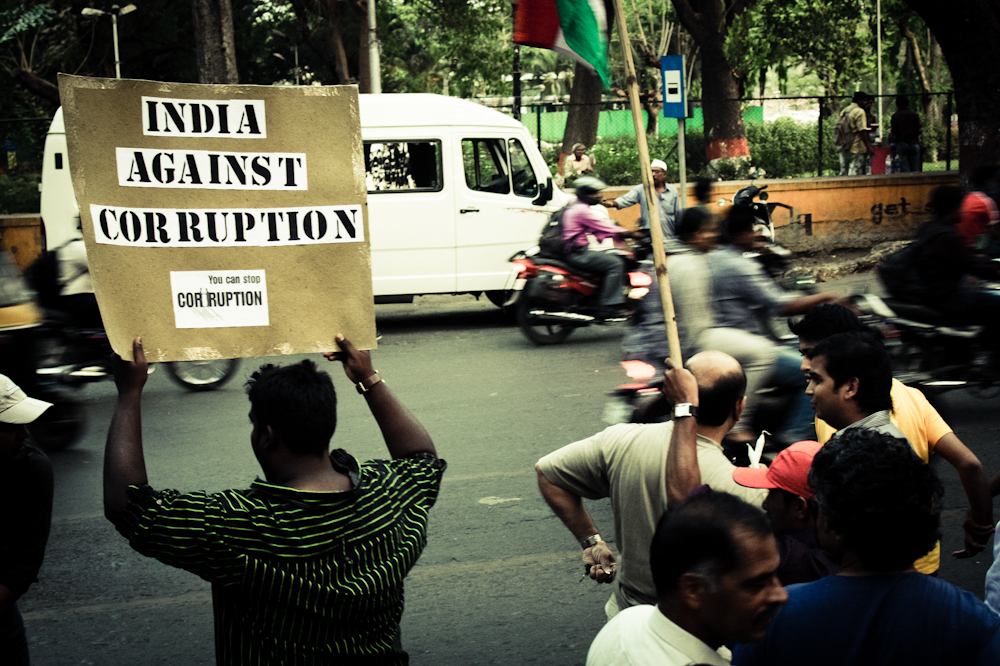
New amendments have been proposed to the Prevention of Corruption Act, 1988 (PCA). The amendments which were first proposed in 2013 have been revived with the aim of protecting honest government officials and encouraging a favorable decision making environment. The amendments have been approved by Cabinet as well as Rajya Sabha.
This is specially highlighted after Harish Gupta, a former secretary in coal ministry was summoned by courts in the alleged Coal Scam which came to light under the previous United Progressive Alliance government. According to newspaper reports, Gupta's case has received more attention because he is recognized as an officer of impeccable professional integrity by his peers. It was also reported that Gupta confessed 'wrongdoing' because he did not have patience and resources to face a trial.
An investigator’s take
PaGaLGuY spoke to a retired officer of Central Bureau of Investigation (CBI) who has worked in the Anti-Corruption branch of the agency to get a better perspective on the issue. He said, “The proposed amendments narrow down the existing definition of corruption. Words like ‘illicit enrichment, one’s control and disproportionate assets are terms that include all aspects needed for investigating corruption charges.” He further added, “A balance has to be maintained between punishing a corrupt public servant and giving an honest one an opportunity to explain his side. This balance is being maintained here.”
To make things more clear, the retired official quoted former Prime Minister Manmohan Singh who once said that many decisions are taken in an atmosphere of uncertainty, when not all facts are known. So, in hindsight these decisions may appear different. The officer agreed that the provision of making permission compulsory to initiate an inquiry for officials above the rank of Joint Secretary acts more as a hurdle. This is because such permissions are delayed or worse never given due to the proximity of these officers to political executives. So, such a provision end up being a hindrance for investigators.
“The burden to prove a case better lie with the investigator”, said the officer. “A law should not lead to unnecessary hounding of government servants or create an atmosphere of fear/witch-hunting. Such an environment will be detrimental to overall progress of the country”, the official said referring to critics opposing the amendments.
Proposed amendments and key issues
- Criminal misconduct to only cover misappropriation of property and possession of disproportionate assets to income. Proving intention behind misappropriation rests with investigating agency. Corruption in not always in cash but also in kind. By not considering favors in kind, a large loophole is being left unattended. Typically, this would include favors shown in return for better postings, post-retirement benefits among others which are punishable under the current law. To reinforce this, section 13 (1)(d) now reads that benefits which are other than economic are not punishable.
- Section 13 (1)(d)- the only section in the act which allows investigation of government officials has been removed.
- Bribe-giver and bribe-taker equally liable for punishment. Bribe can be given under collusion or coercion. It was suggested by Law Commission that if bribe giver is under coercion, he/she should not be punished as it would deter people from lodging a complaint. But this has been ignored as is evident.
- Single Directive- a government order passed in 2003 which made prior sanction compulsory to prosecute senior officials (rank of Joint Secretary and above) has made a comeback. This means prior sanction to prosecute serving government officials compulsory. The Single Directive was declared illegal in Vineet Narain Case of 1997 by the Supreme Court (SC). It made a comeback in 2003 as a provision of law and it continued till 2014. In 2014, SC declared it as unconstitutional. But powerful bureaucracy seems to attempt to make this immunity legal, a third time.
It is clear from this debate that, corruption as a social malaise does not occur in isolation. It is part of the society and will require an effort which involves all stakeholders like government, police, civil society and most importantly citizens.
No comments:
Post a Comment